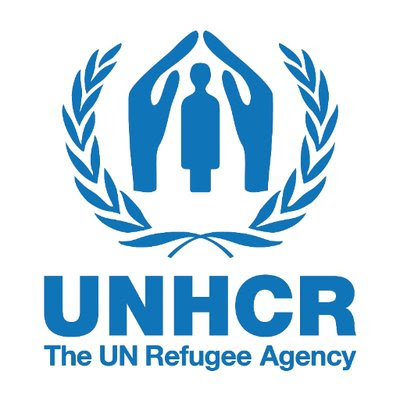"I just don't understand! Before I came to America I was perfectly healthy, and now I find out that I have diabetes and feel so sick!" I sat in a meeting with Ruth* and her caseworker as she unloaded her frustrations on us through a Swahili interpreter. "Back in Africa I knew people who had diabetes and died, how could I not have known this whole time?!!" Ruth arrived to the US five months ago through the refugee resettlement program, and her diagnosis of type-2 diabetes was only the latest in a saga of mishaps and hurdles since setting foot on American soil. At 59, Ruth is resilient, and has met the challenges of displacement and war with resolve and grace. Still, the diagnosis hit hard. Diabetes IS life-threatening in the refugee camps, and I have no doubt that Ruth lost friends or loved ones to the disease.
The weight and breadth of Ruth's challenge was not lost on me. I'm a type-1 diabetic myself, and even with 23 years of experience under my belt, I still struggle with the tasks Ruth would have to learn overnight: carb counting, correction factors, insulin injections, dietary adjustment, all of which are hard enough without the particular demands required of a refugee. And it's this refugee experience, more than anything else, that poses the greatest hurdle to Ruth's diabetes care. She has a 5-star doctor, and health insurance with a generous prescription drug benefit, but she's also pre-literate, doesn't (yet) speak any English, and has never had to give herself medication. She may have a doctor she can visit for care, but how will she make it to her appointments if she can't read street signs printed in English? She may have affordable insulin and blood test strips, but how will she count carbs and time her dosing correctly if she can't tell time?
I don't wish to minimize the cost of healthcare, or how costly insurance or medicine can prevent people from supporting their health, but rather highlight the additional barriers to care for patients like Ruth. For Ruth to maintain healthy levels of blood glucose, she will need more than insulin. Her care will require talented, caring providers, yes, but it will also require support for her other needs, including language and literacy. For Ruth to thrive, she'll need levels of care outside of the traditional confines of medicine.
I can't say that Ruth's blood sugars are where we want them to be. Her A1C is high, and she still struggles with insulin injections. Still, we have been able to place Occupational Therapists in her home who have helped her navigate the city, and she's found members of her immigrant community who have helped her check her sugars and deliver her insulin. For Ruth, care extends far beyond the doctor's office, and with it extends the promise of new independence, new health, and a rich life in her new home.
*names are changed for the privacy of the people discussed

